Quantum Systems
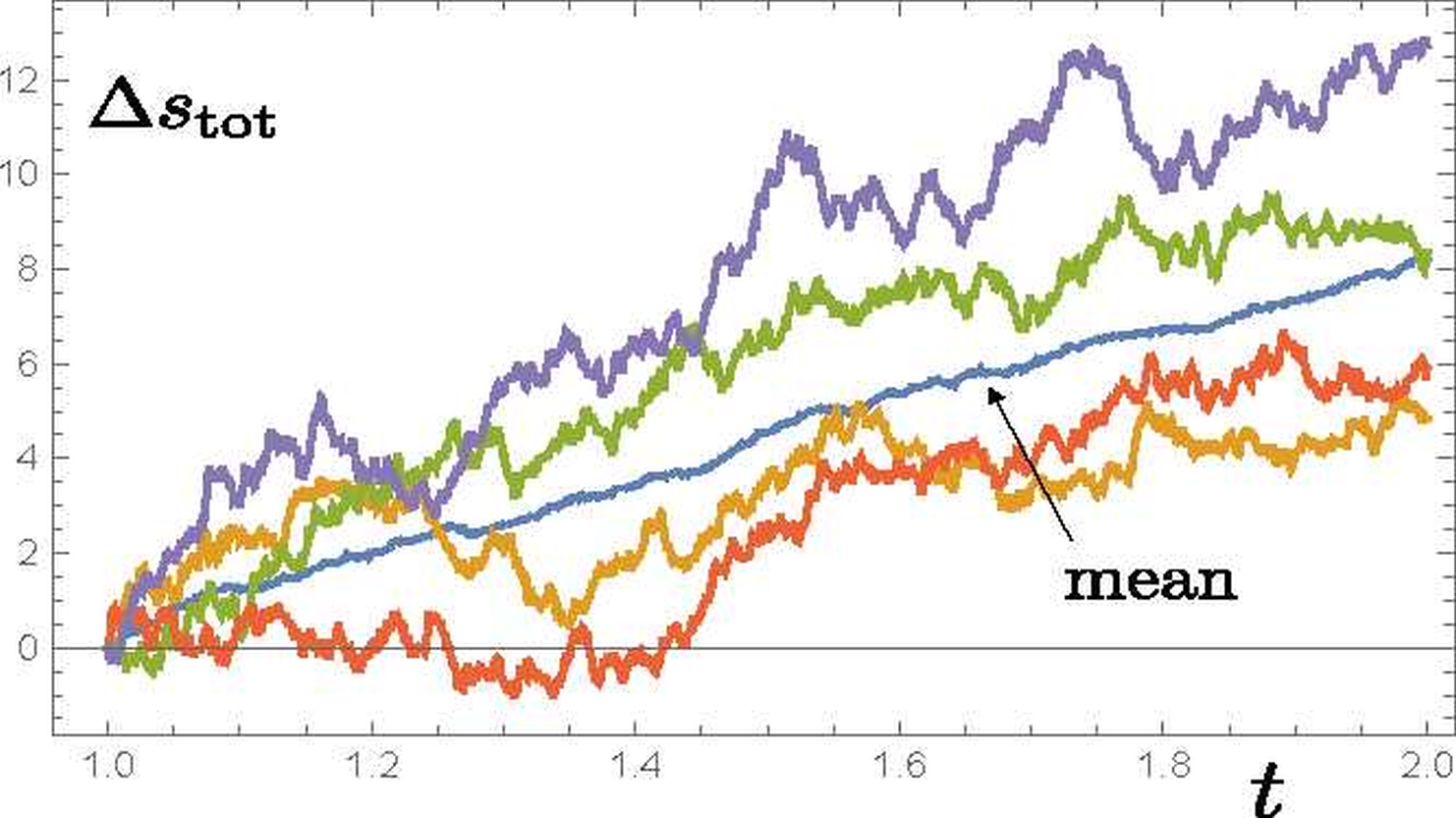
Prof Ian Ford
My research concerns the behaviour of systems out of equilibrium, such as phase transitions in molecular matter (for example water condensation, macromolecular structural selection, growth of crystalline materials), or quantum systems that are undergoing thermalisation or measurement. I am interested in the nature and meaning of entropy as a measure of the irreversibility of such transformations, and use statistical mechanics and stochastic thermodynamics to investigate various phenomena. The kinetics of crossing of thermodynamic barriers en route to equilibrium has been of particular interest, especially the nucleation of nanoparticles, such as aerosol formation from gaseous precursors.
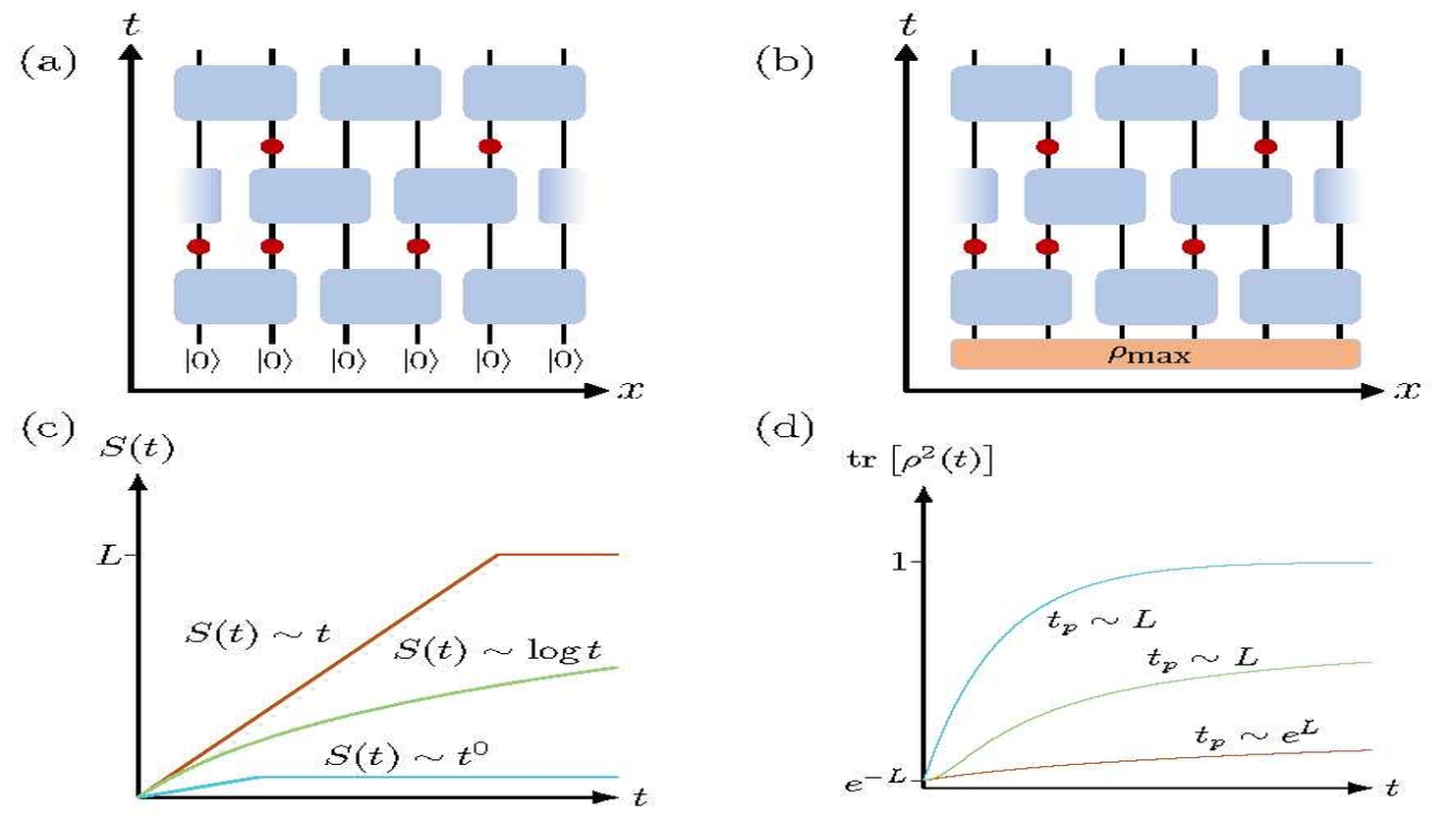
Dr Arijeet Pal
I am a theoretical physicist with interests in condensed matter and statistical physics, and quantum information science. I am interested in the behaviour of natural and engineered quantum systems comprising of atoms, electrons, and light. These systems host a range of non-equilibrium phenomena due to interactions amongst themselves and with their environment. My research aims to unravel new dynamical phenomena realised due to the quantum superposition principle and entanglement and characterise phases of matter based on the non-equilibrium dynamics of quantum information. These quantum states can be harnessed for potential applications in the new generation of devices for quantum sensing and information processing.
Some of the research topics in my group include Many-body localisation, Quantum scars and Hilbert space fragmentation, Quantum chaos, Quantum circuits, Quantum measurements, Dissipative quantum systems, and Topological matter.
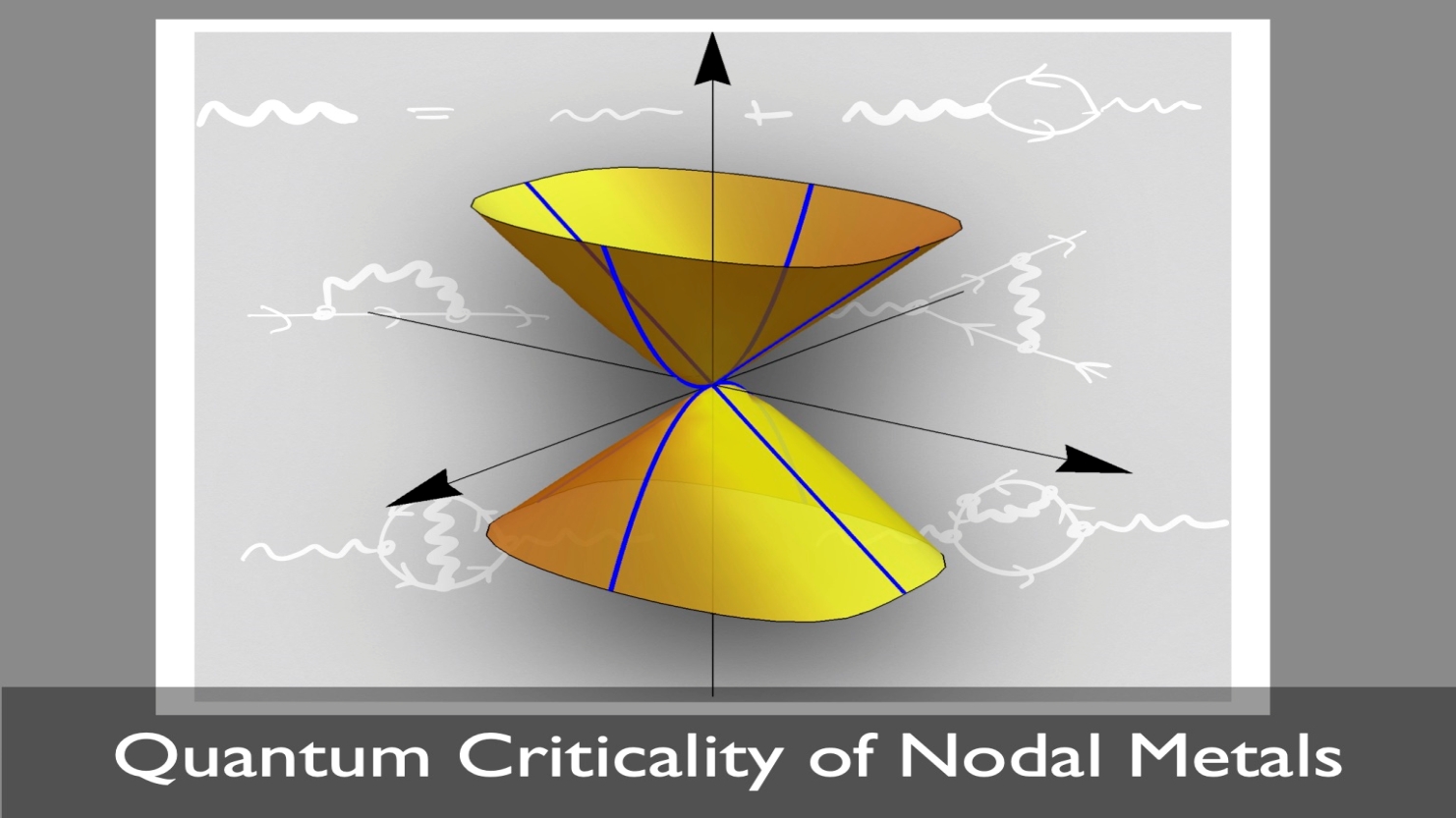
Dr Frank Kruger
Our group investigates the formation of novel states of quantum matter in strongly correlated electron systems. We use analytical tools such as quantum field theory and renormalisation group calculations to understand the collective behaviour of electrons and the nature of quantum phase transitions between different phases of matter. More recently, we have started to study quantum spin liquids. These are highly frustrated magnetic materials in which strong quantum fluctuations prevent the formation of magnetic order down to absolute zero temperature. Remarkably, the spin degrees of freedom can break up or fractionalise into particles that satisfy fermionic quantum statistics. Although the emergent fermions in insulating quantum spin liquids don’t carry electric charge, they behave in many respects like interacting electrons in metals. In addition, they are coupled to gauge fields, resulting in even richer behaviours.
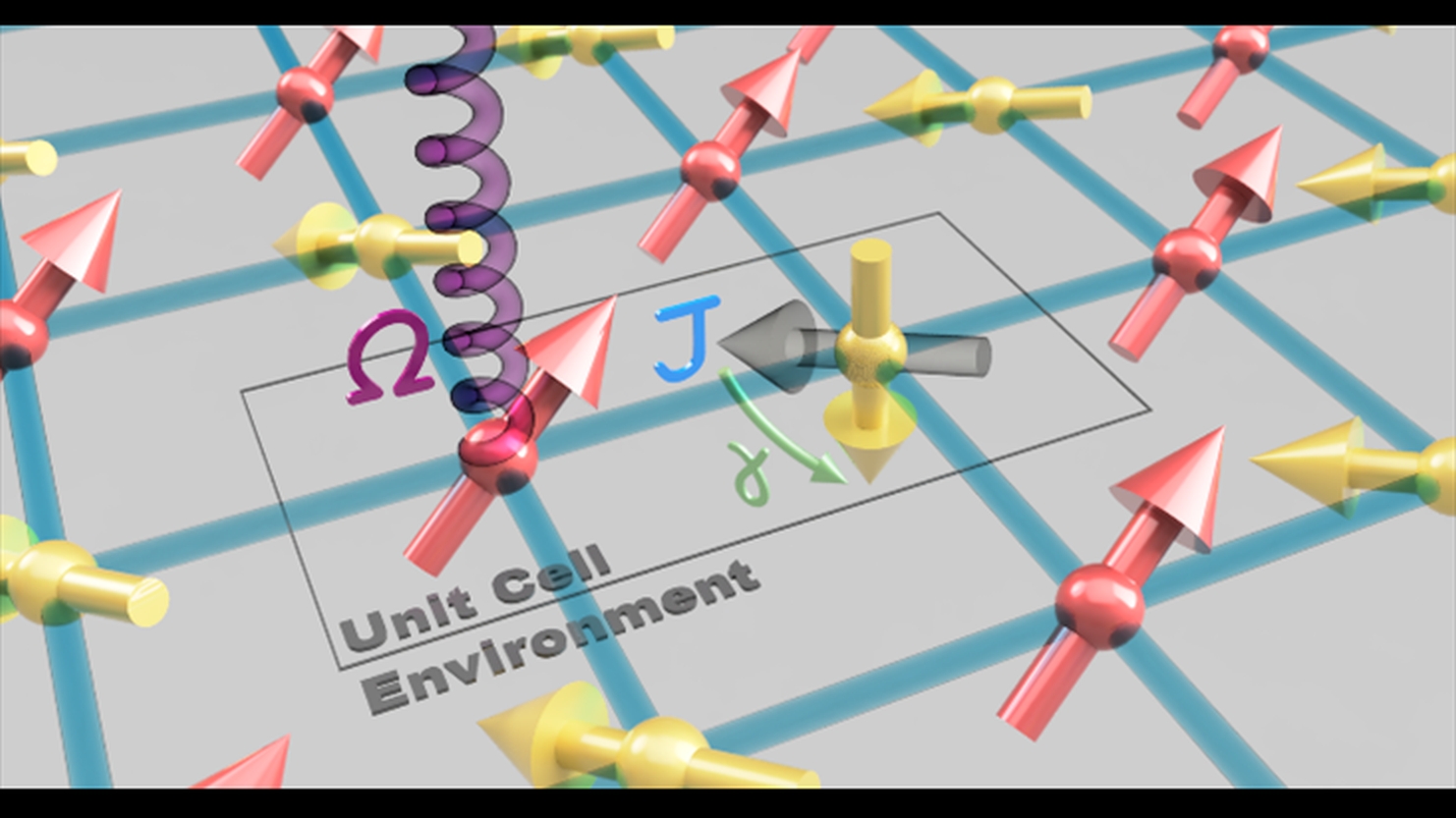
Prof Marzena Szymanska
Our group researches out-of-equilibrium quantum phenomena in driven-dissipative light-matter systems. These systems bridge the gap between quantum optics and many-body quantum theory where many degrees-of-freedom give rise to emergent collective behaviour. The presence of drive and dissipation mean that the Hamiltonian is not the only source of dynamics, resulting in rich phenomena which is intrinsically different to its equilibrium counterpart. We apply a combination of analytical methods (Keldysh Field Theory, Renormalisation Group, Green’s Functions, Quantum Trajectories, Master Equations) in addition to numerical techniques (Stochastic Phase Space Simulations, Truncated Wigner, Positive-P, Tensor Networks) to better understand novel behaviour in non-equilibrium, for example: superfluidity in condensates, phase transitions in low-dimensions and non-equilibrium universality classes such as Kardar-Parisi-Zhang (KPZ). Recently we have been extending our research to highly tuneable driven-dissipative lattices of bosons, spins and fermions. A large class of these can be faithfully represented by tensor networks and we are currently interested in extrapolating established ideas for closed systems to open systems to give insight into symmetry-protected phases and to address fundamental questions of entanglement growth.
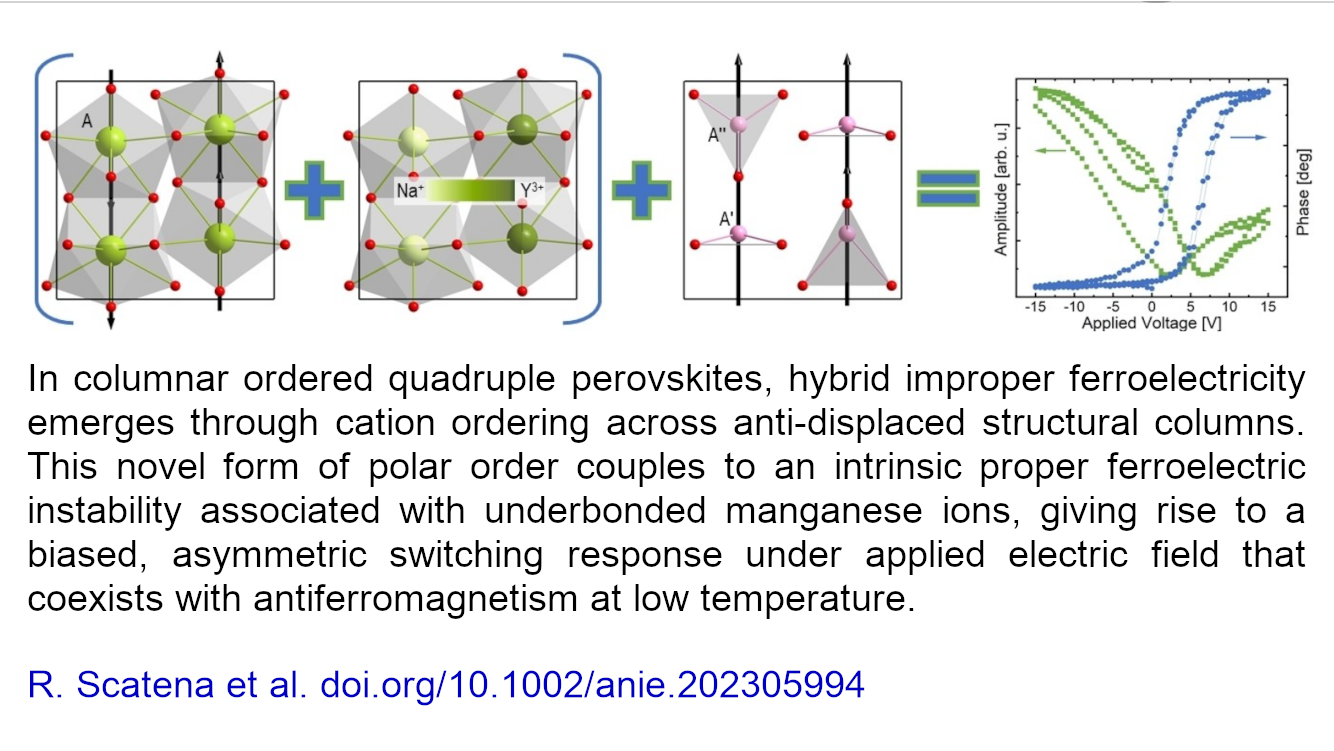
Dr Roger Johnson
We work on the experimental determination of structure-property relationships in quantum materials, and develop phenomenological models of the underlying physical mechanisms via group-theoretical approaches and Landau theory. At present we are focused on magneto-orbital physics of novel quadruple perovskite manganites, and unusual effects of quantum magnetism found in hybrid organic/inorganic compounds and fully inorganic oxides. We perform in-house experiments to characterise the crystal structure and physical properties of new materials using, for example, single crystal and powder x-ray diffractometers, squid magnetometers, and bespoke dielectric and ferroelectric instrumentation. Our core research involves analysis of data collected during experiments at large-scale central facilities, mostly the ISIS Neutron and Muon Source and Diamond Light Source, both based in Oxfordshire, UK.
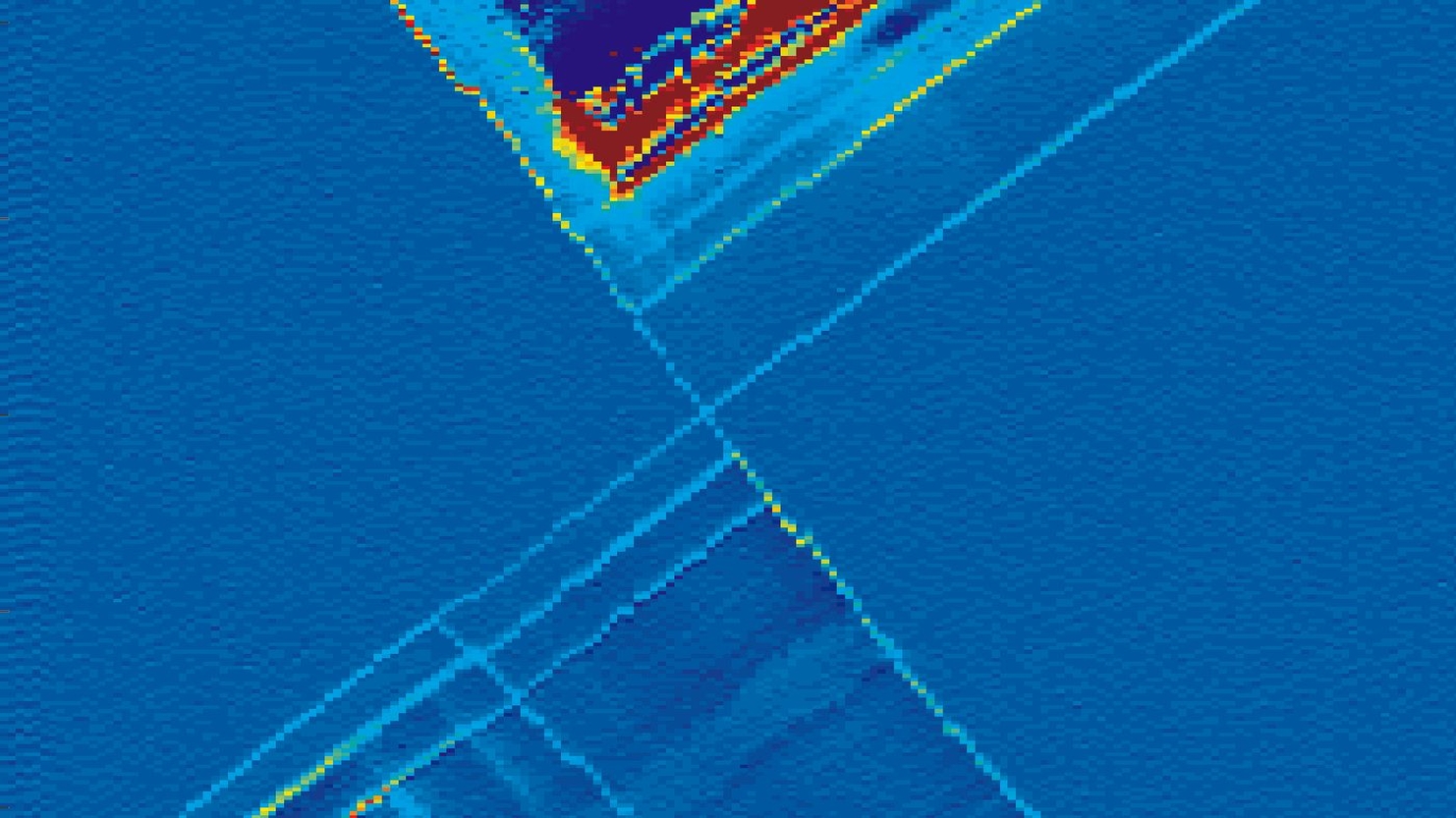
Dr Mark Buitelaar
The focus of our group is on the experimental study of solid-state quantum devices for quantum information processing applications. For device fabrication and development we benefit from the excellent fabrication facilities of the London Centre for Nanotechnology, including its class 6 cleanroom. Examples of the quantum devices we investigate are charge and spin qubits in carbon nanotube quantum dots, single-dopant spin qubits in silicon and topological qubits in semiconductor nanowires. Our lab is equiped with a number of dilution refrigerators that allow us to study these quantum devices at mK temperatures - using high-frequency measurement techniques for readout and control at the level of individual electron spins. We work closely with other groups within the UCL Quantum Science and Technology Institute as well as many other research groups and industry partners worldwide.
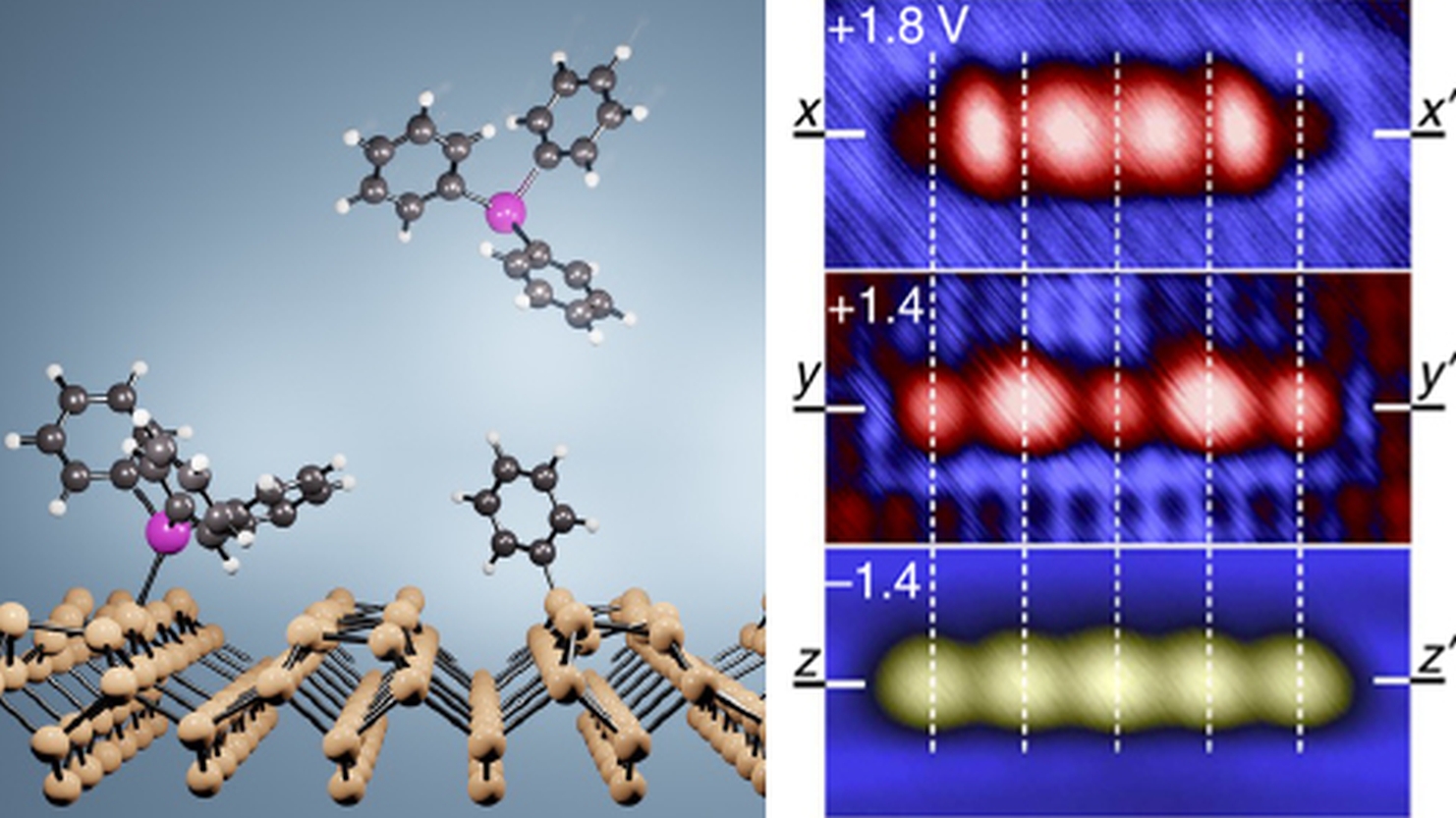
Dr Steven Schofield
Steven Schofield is an Associate Professor in the London Centre for Nanotechnologyand Department of Physics and Astronomy. He aims to understand and control matter at the atomic scale for fundamental discoveries in condensed matter physics and advancements in (opto)electronic devices and quantum technologies. His group employs atomic-scale fabrication and cryogenic-temperature scanning tunnelling microscopy to create and investigate nanostructures on semiconductor surfaces and two-dimensional materials. His team is developing artificial intelligence tools for efficient data collection and enhanced analysis objectivity. In parallel, a significant portion of their work is conducted through synchrotron-based photoelectron spectroscopy and theoretical approaches, including density functional theory. Students in his group are typically engaged in several, if not all, of these complementary approaches during their PhD project. Through this integrative approach, and with strong collaborations with national and international partners, they aim to develop a deep understanding of the quantum properties of matter at the atomic scale.
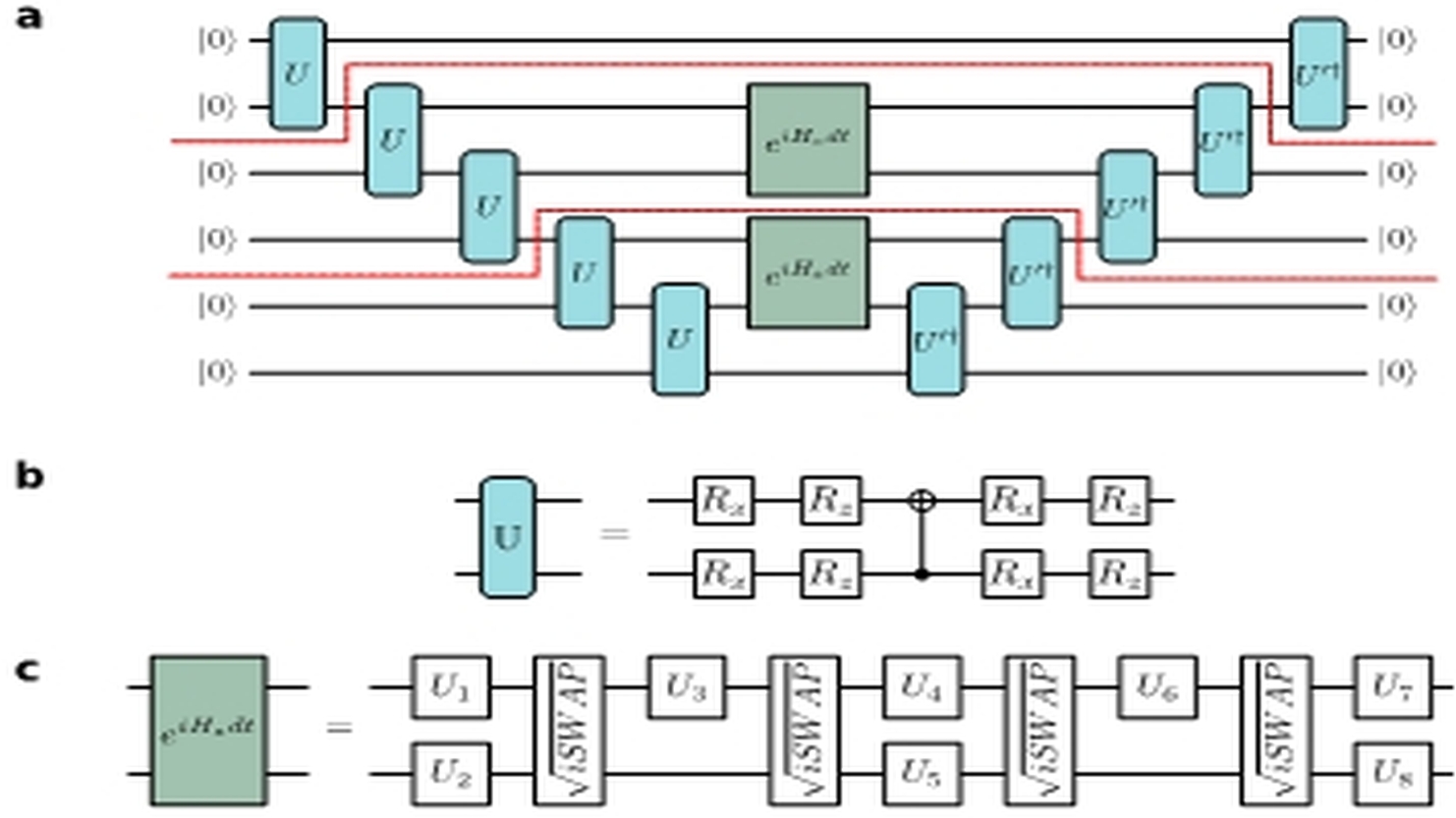
Prof Andrew G Green
My group has broad-ranging interest in many-body quantum phenomena. This encompasses novel phases of matter induced by quantum fluctuations, fundamental aspects collective quantum dynamics, and the development of new tools to address both. We are particularly interested in the interface between quantum field theory and tensor network techniques, and have pioneered the application of the latter to structure circuits for quantum simulation and quantum machine learning.
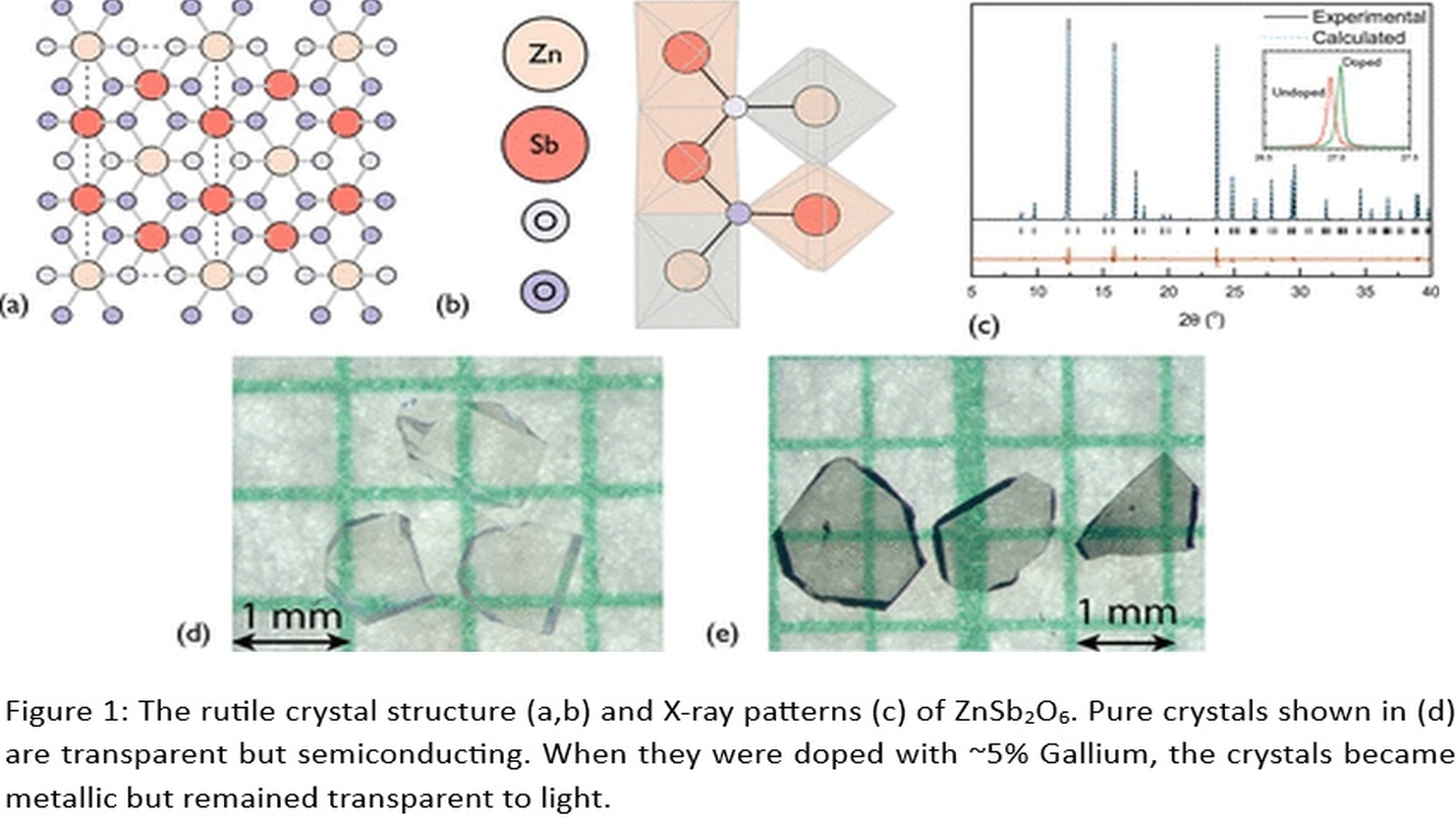
Prof Robin Perry
The Perry group specializes in the measurement of properties in functional materials. Functional materials, broadly defined, encompass solid systems with physical properties that can be engineered to address everyday challenges. Given the diversity of societal needs, our focus is narrowed to two key areas: energy and the digital economy. In the realm of energy research, we delve into photovoltaics, thermoelectrics, and battery materials. For digital economy research, our emphasis is on magnetic and electronic materials that hold the potential to replace conventional materials like silicon and GaAs, leading to faster computers and enhanced memory.
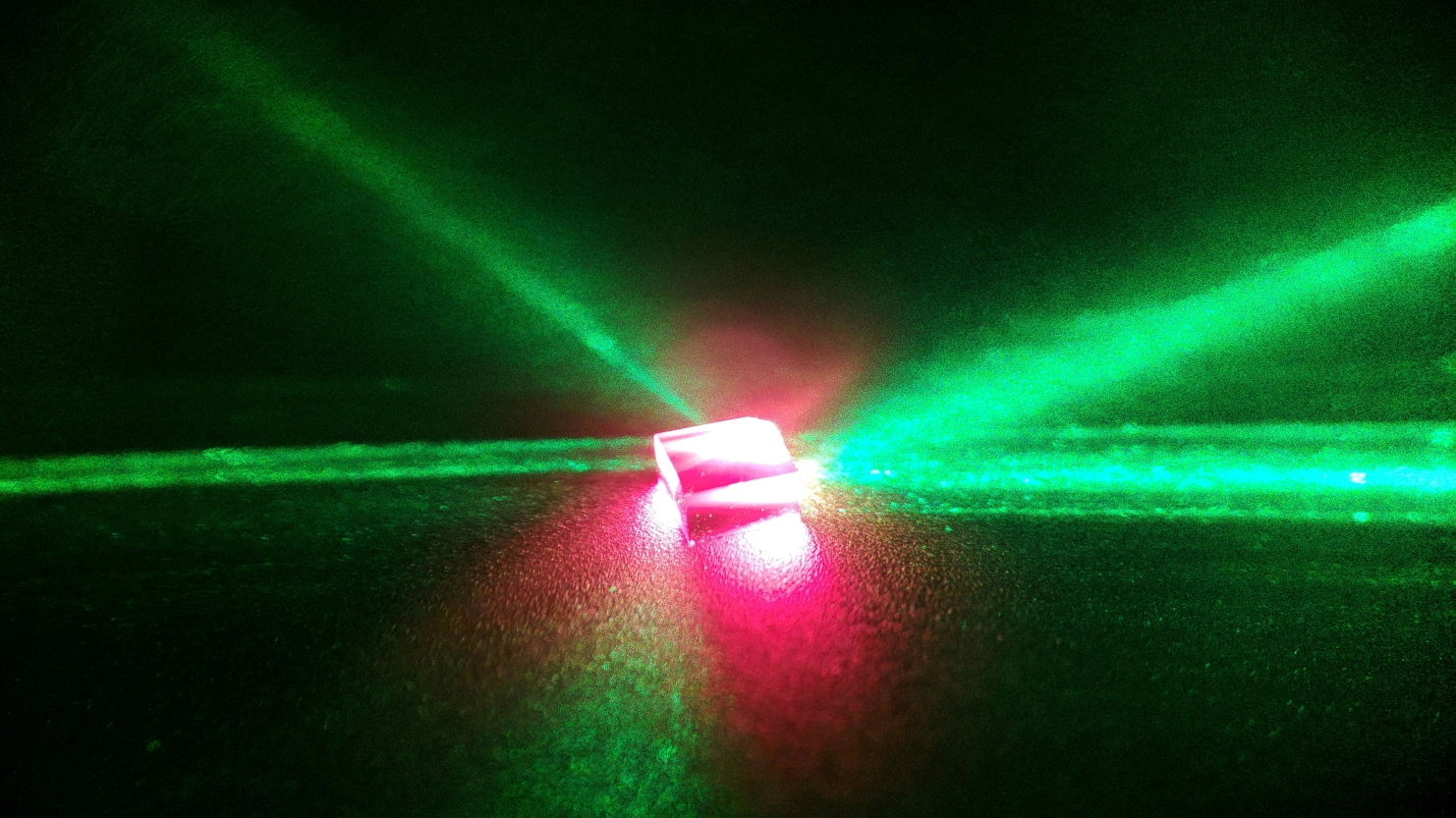
Dr Jonathan Breeze
Our research activities span many areas of condensed matter physics and quantum information science, but our core focus is the study of light-matter interaction, room-temperature solid-state masers and cavity quantum electrodynamics. We use computation tools such as density functional theory and quantum field theory to study the electronic structure, electromagnetic and vibrational properties of materials, Maxwell solvers to simulate and design devices such as cavities and waveguides (from microwave to optical frequencies) and numerical methods to investigate quantum spin dynamics. Our lab is equipped with pulsed electron paramagnetic resonance (EPR) spectrometers and optically-detected magnetic resonance (ODMR) spectrometers, which we use to characterise photo-excited spins in organic molecules such as pentacene and colour-centres in inorganic materials, such as nitrogen-vacancies in diamond.
 Close
Close

